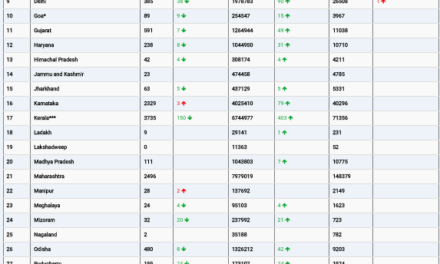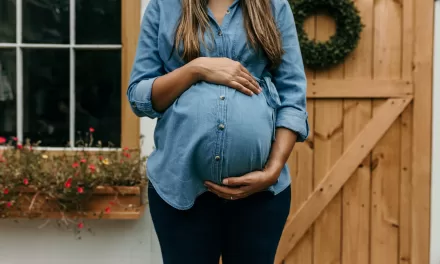January 14, 2024
In an era characterized by polarized political landscapes, a recent study reveals that couples with differing political views face unique challenges in deciding which media to consume, triggering conflicts that impact their relationships. The research, conducted by Emily Van Duyn, a communication professor at the University of Illinois Urbana-Champaign, delves into the complexities that arise when romantic partners navigate the divisive world of media consumption in the context of clashing political perspectives.
Van Duyn’s study involved in-depth interviews with 67 individuals whose partners held political views different from their own. The findings shed light on the difficulties these couples encounter in choosing which media to follow and the subsequent impact on their discussions about political issues and overall relationship dynamics.
“Deciding which media to consume and whether to do so together or separately was difficult because it presented them with a choice about recognizing their political differences and finding a way to navigate them,” explained Van Duyn.
For these couples, seemingly routine decisions about media consumption became notably challenging. Van Duyn’s paper in the journal Political Communication emphasizes that news was perceived as inherently political, and the act of selecting a news outlet or sharing an article or video intentionally brought attention to their political differences.
The study found that news coverage activated differences between partners that might not have surfaced otherwise, leading to both conflict and discussion. Conflict emerged not only from disagreement over news sources and content but also when one partner failed to respond as intensely as the other when faced with disturbing or alarming news.
“Conflict resulting from news consumption often caused individuals to seek greater control of their news exposure, a reinforcing process that highlights the muddled order in how individuals simultaneously navigate news and relationships in contemporary democracy,” noted Van Duyn.
Couples employed various strategies to manage this conflict. Some sought a common media outlet they could agree on to co-view together, while others intentionally chose to consume news independently, whether in separate rooms or through scrolling social media feeds on separate devices while in each other’s company. Some couples found ways to consume news that superseded their differences, utilizing other news media privately.
“The point in their relationship when couples’ political differences emerged affected how partners negotiated news with one another,” observed Van Duyn.
As love intersects with the complexities of political discourse, the study underscores the need for couples to navigate these challenges with empathy, communication, and a shared understanding that respects individual perspectives within the context of a united relationship.










